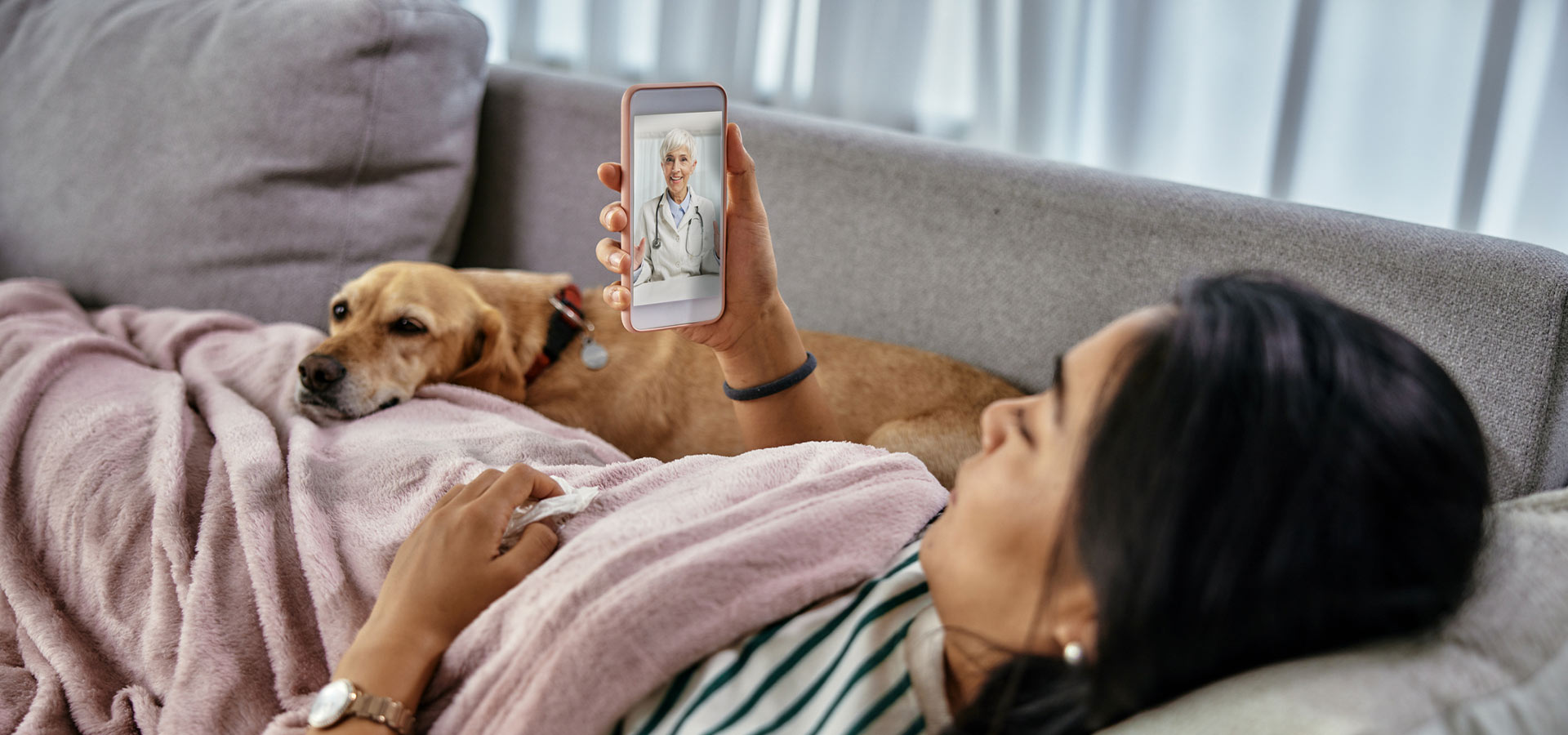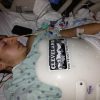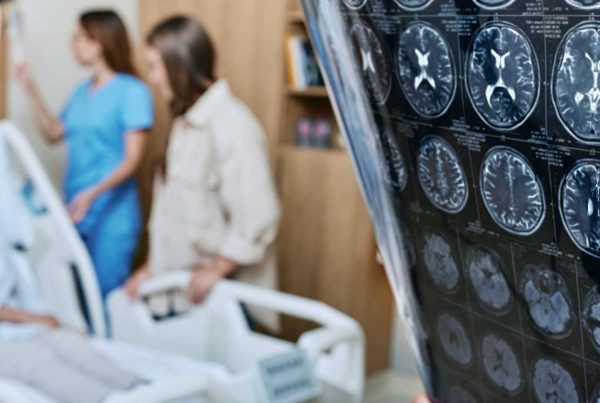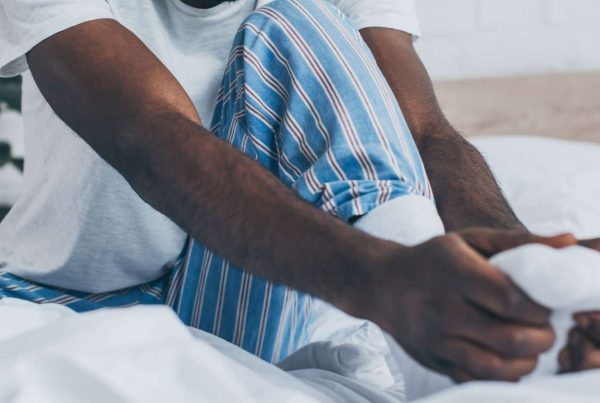Daily life is slowly returning to a new normal: Stores are reopening, parks and public spaces are welcoming visitors, and MetroHealth is seeing patients in person again. While we’re not out of the woods from the virus yet, MetroHealth is working hard to ensure you have access to safe and comprehensive medical care.
We have a number of measures in place to make certain that in-person visits to doctors are safe, whether they’re for routine health checks or procedures that can’t wait. In some cases, telehealth (a visit over the phone or video chat) also offers options for connecting with your care team, depending on the kind of appointment you need. Your doctor can help you decide which option is right for you.
An In-Person Perspective
Sometimes, people simply shouldn’t delay coming in for care.
“The benefits of receiving treatment for a health condition can outweigh any risk of being exposed to the coronavirus,” said Ohad Ziv, MD, Director of Electrophysiology at MetroHealth. “And the risk of exposure is really low with the safety measures we’re following.”
Dr. Ziv has been treating irregular heartbeat — known as arrhythmia — with a procedure called ablation, which can require an overnight stay in the hospital. He carefully discusses with each patient the risks and benefits of undergoing the procedure during the pandemic. Many of the pre-procedure appointments can take place via telehealth, eliminating the need for at least one in-person visit.
Ablation can correct arrythmia, easing symptoms like fatigue and chest pain, and preventing complications such as heart failure and stroke. What makes the treatment especially important now is that people with heart conditions who contract COVID-19 have an increased risk of complications, said Dr. Ziv.
Nancy Moore, 71, was scheduled to have an ablation for atrial fibrillation, a type of arrythmia, in early April. Despite medication, “my heart felt like it was in my throat. I felt like I was in fight-or-flight mode all the time,” she said. “I was struggling to get up the stairs at home. But when I finally decided to get the ablation done, coronavirus came along.”
After a discussion with Dr. Ziv, Nancy decided not to delay treatment. “We weighed the risks of me staying home without receiving an ablation and the risk of going in for treatment,” she said. “Based on my comfort level with MetroHealth and the safety precautions providers are taking to prevent the spread of the coronavirus, I had the procedure.”
Nancy stayed overnight in the hospital and returned home the next day feeling 10 years younger. According to her heart monitor, she hasn’t had any recurring arrythmia. “As soon as I got home, I could walk up the stairs,” she said. Nancy’s cardiologists will use a combination of telehealth and in-person appointments to monitor her recovery.
Let’s Talk Telehealth
Matthew Tien, MD, a MetroHealth pediatrician, also uses a combination of telehealth services and in-person visits to meet the needs of his patients and their families.
He has used telehealth video visits to diagnose rashes, evaluate a swollen eye, and to better assess how severely ill a child was by being able to see them over video. Telehealth visits are helpful in determining when a parent can be given reassurance to stay home versus needing to bring their child in for a more thorough in-person visit that might require bloodwork or x-rays.
“Parents are grateful that they don’t always have to come into the office right away for an appointment,” said Dr. Tien. He has conducted a few dozen video visits in recent weeks. Video visits are often a convenient way to follow up on issues after an in-person visit, for example for acne, constipation, or weight management counseling.
Behavioral issues can also be addressed via telehealth. For example, follow-up appointments to see how a child is doing with ADHD medications can be done over the phone or by video call. Discussions about sleep or discipline issues are also well-suited for these types of visits.
While telehealth appointments are often a convenient and safe option, Dr. Tien does encourage parents to keep in-person yearly check-ups for their children. These appointments often include important vaccinations, hearing and vision tests, lead screening and blood pressure checks.
To keep these office visits safe, children 2 and older are encouraged to wear a mask. Pediatric offices are also limiting the number of patients they schedule at one time to ensure waiting rooms aren’t crowded. “This can be a scary time for parents, but we’re doing everything we can to keep their kids healthy,” said Dr. Tien.
Your MetroHealth care team is always here for you, whether it’s in person or through a telehealth visit. If you’re not sure what visit type is best for you, call or send a MyChart message to your provider today. If it’s an emergency, call 911 or go to the closest Emergency Department.
Contributors:

Matthew Tien, MD

Ohad Ziv, MD











